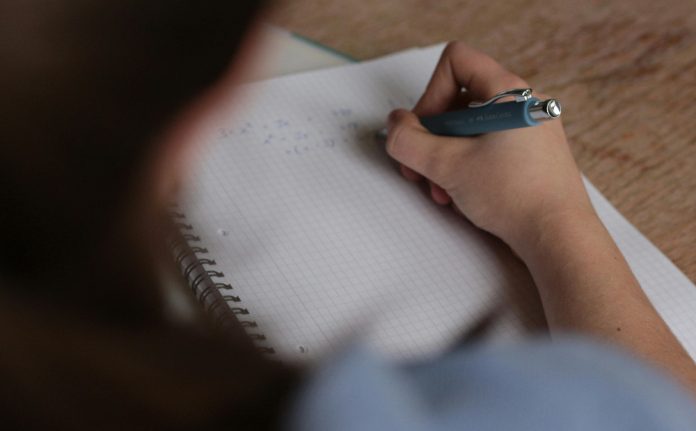With 16-year-olds across England, Wales and Northern Ireland nervously awaiting their grades today, a new report shows children from disadvantaged backgrounds are more troubled by feelings of uncertainty around their performance in the education system, compared to those from higher socio-economic status (SES) households.
The research, funded by the Nuffield Foundation and also involving UCL, explores how socio-economic background affects the educational choices made by students when choosing GCSE subjects, post-16 pathways and then, possibly, higher education.
The investigators found that students with a lower SES think they have fewer chances of getting into university, even when they have good prior academic achievements.
“Our research shows that even if a young person is succeeding in their GCSE education, their social background still has a big influence on whether they think they have the ability to study A levels and successfully apply to university,” explains lead author Dr Nicola Pensiero of the Southampton Education School at the University of Southampton.
“It seems that students from a lower SES look to the status of their parents, their school peers and others around them to form an opinion of the socio-economic status they think they can attain. They place emphasis not only on what they have already achieved personally in their years at school, but also on the grouping they perceive they fit into.”
The report authors used longitudinal data on over 5,000 English children from the 1989/90 birth cohort study ‘Next Steps’ (formerly the Longitudinal Study of Young People in England). They received permission to link this data to records in the National Pupil Database (two to 21 year-olds) and the Individualised Learner Record (adults aged 19+), enabling them to gather rich insights into pupil performance, attitudes and choices.
The report finds that the type of secondary school children attend plays a substantial role in shaping the choice for English Baccalaureate (EBacc) GCSE subjects and A levels. Young people are more likely to study EBacc subjects (ie maths, English, sciences, history and geography) and A levels post-16 if they attend a secondary school which has a sixth form, achieves higher results at GCSEs, and where a greater number of children opt for EBacc subjects at GCSE and A levels.
The team’s research is among the first to examine the influence of peers on educational choice. Their analysis shows that a one percent increase in the proportion of a pupil’s school peers choosing to study A levels is associated with a three percent increase in the likelihood of that pupil choosing A levels at sixth form, rather than opting for vocational education.
Dr Emily Tanner, Programme Head at the Nuffield Foundation said: “The findings of this report underline the importance of career guidance in addressing inequalities in pathways and outcomes. Students from lower socio-economic backgrounds need plentiful opportunities to engage with employers, understand their options for further study and develop confidence and self-belief.”







